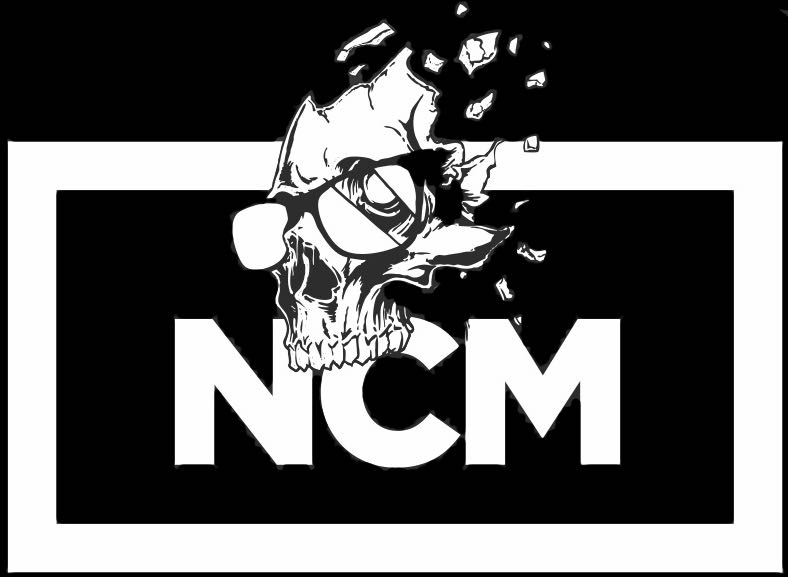Basic Phrases In Papiamento
The residents of the ABC Islands – Aruba, Bonaire and Curacao – have long spoken the language known as Papiamento. This visit more information Creole language is the product of www.topelevenhackcheats.net/topelevenhack/ a unique history that, in many ways, tells the story of the entire Caribbean region and its colonial past. The Papiamento lexicon draws about 60% of its terms from Portuguese (including some Spanish influence), 25% from the Dutch tongue and an additional 15% from West African languages. Today, many Arubans speak Dutch, English and Spanish in addition to their native Papiamento – now the official language of the Netherlands Antilles and the ABC Islands.
While historians and linguists are able to determine the origin of most Papiamento words, the origin of the language is still debated. There are two primary theories regarding the creation of the Papiamento language. First, scholars for many years believed that Papiamento developed in the Caribbean to facilitate communication between African slaves and the Portuguese-speaking traders. According to this theory, Papiamento remains primarily a combination of African and Portuguese tongues, while Spanish and Dutch influences entered the language later as the ABC Islands changed colonial hands.
More recently, a theory has developed that places the roots of Papiamento in the west coast of Africa and the Cape Verde Islands. During the 16th and 17th centuries, nearly all the slaves that arrived in the Caribbean (and elsewhere in the New World) passed through the ports of western Africa. Several Creole languages developed at these ports – including Guene which bears a strong resemblance to Papiamento – and eventually made their way to the Caribbean. Many Arubans even have there own theories on where and when Papiamento developed. However, the fact that the true story of Papiamento may never be known only seems to grant the language a mystique to match its exotic surroundings.
Learning just a few simple phrases can go a long ways toward showing the friendly people of Aruba that you are a caring and knowledgeable traveler. The locals you interact with will appreciate your effort, while you will have fun learning a little Papiamento. Though you may not have heard of Papiamento before reading this article, the language won’t seem as “foreign” as you might expect. If you have ever studied Spanish or Portuguese you will immediately recognize many terms and have an easy time adapting to the language. As you prepare for your trip to Aruba, consult this list of commonly used terms and phrases:
?Halo = Hello
?Ayo! = Goodbye!
?Por fabor = Please
?Danki = Thank You
?Si = Yes
?No = No
?Meneer = Mister, Sir
?Se&39369;ra = Mrs., Madam
?Bon bini = Welcome
?Bon dia read here = Good morning
?Moro = a more casual way to say “Good morning”
?Bon tardi = Good afternoon
?Bon nochi = Good night
?Con ta bai? = How are you?
?Con ta c’e bida? = How is life?
?Mi ta bon, danki = I am fine, thank you
?Tur cos ta bon = Everything is alright
?Hopi bon or Tremendo share here = very good
?Con yama bo? or Con bo nomber ta? = What’s your name?
?Ami yama… or Mi nomber ta… = My name is…
?Di unda bo ta? = Where are you from?
?Mi ta bin(i) di… = I come from…
?Mi ta biba na… = I live in…
?Di nada! = it was no trouble at all! (or, it was nothing!)
?Laga nos ban sali = Let’s go out
?Ainda no = Not yet
?Te ma&39355;n = Until tomorrow
?Te mas awero (Te’ oro) = See you later
?Te despues = Till the next time





